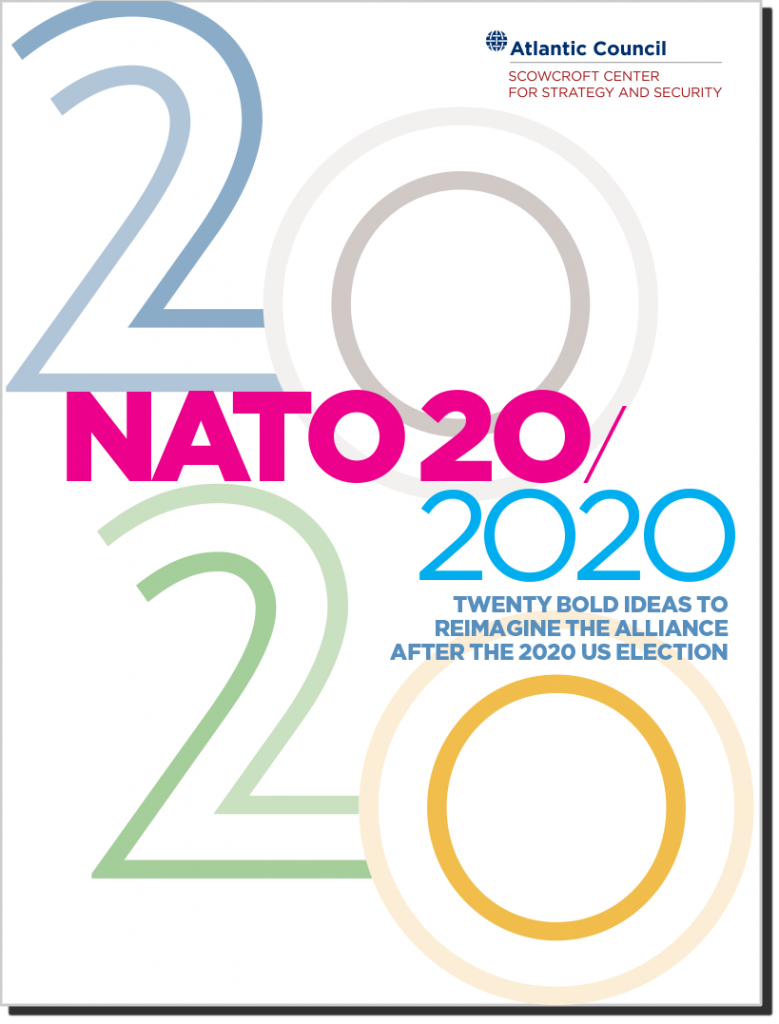By Christopher Skaluba

More than two decades after NATO’s inspired decision to invite former adversaries to join its ranks, the Alliance is in need of equally captivating ideas. The serious business of deterring adversaries and fighting this century’s wars has necessarily taken precedence over crafting a forward-looking vision. But developing that vision can’t wait any longer. Rather than getting mired in today’s debates about mundane issues like burden-sharing, NATO must build on its impressive track record of adaptivity, resilience, and achievement.
The essays in this volume are intended to push the Alliance to think boldly and creatively in the service of recapturing the public’s imagination. They are, by design, provocative, occasionally in conflict, and sometimes impractical, at least in the near term. By prescribing ideas that “NATO should” pursue—be it devising new initiatives, course-correcting current policies, or sunsetting troubled endeavors—the volume is an appeal for an Alliance that is more visionary, more capable, and more self-evidently valuable to the security of more people. To achieve that end, we’ve assembled a roster of 38 contributors who reflect a diversity that eludes the NATO community generally. We’ve enlisted nearly as many next-generation viewpoints as established ones, often in combination.
This volume comes on the cusp of the 2020 US presidential election—a natural inflection point that will bear on NATO’s future role and purpose. As the next US administration tackles relentless security challenges ranging from great-power competition to climate change, whether and how NATO contributes to solutions—and how it communicates its effectiveness—will rightly affect its standing with publics in the United States and beyond. By adopting these ideas, NATO can innovate its forms and functions to better accomplish both imperatives. If there is one overarching argument in this volume, it is this: As the complexity and pace of our world intensifies, policymaking and public diplomacy require originality, diversity, and audacity to achieve relevance in the 21st century.
No comments:
Post a Comment